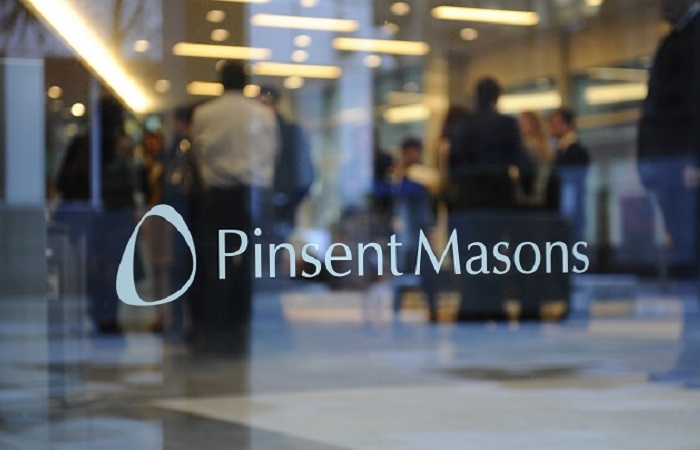
For international law firm Pinsent Masons, which employs nearly 3,000 people globally, diversity and inclusion is an agenda item that must be tackled from multiple directions, with honesty and an appreciation of the journey yet to go.
For example, the firm concedes that, much like the legal industry as a whole, there is some work to be done to close pay gaps. In February 2018, Pinsent Masons reported a 22.4% mean gender pay gap; earlier this year, the firm voluntarily reported its ethnicity pay data, finding a 24% mean gap.
In order to address these gaps, in addition to investigating elements such as its existing bonus structure, in 2018 Pinsent Masons made public commitments to implement initiatives that ultimately address the talent pipeline, and remove blockages from the firm’s internal structures.
For example, further to encouraging better balance at the initial recruitment stage, the firm’s commitment to promoting mentoring programmes more effectively is part of an effort to ensure that any individual is able to progress further up the ranks.
Removing obstacles to progression can also mean smaller changes, says Helen Corden, partner at Pinsent Masons: “Some of the things we have been looking at include our advertisement process, for example making sure our adverts are worded in gender-neutral ways and that, where possible, we have gender-balanced shortlists.”
The firm has also made efforts to allow for more diverse methods of working, understanding that inflexible expectations and structures can often be a barrier for those with caring commitments, health issues, disabilities or myriad other diverse needs, who are otherwise ideal candidates for progression.
“Across all of our UK offices we now operate agile working, which essentially means that people can flex when or where their hours of work are undertaken, including working from home, to accommodate family or other commitments when needed,” Corden explains.
“We [also] encourage and promote shared parental leave, including using some of our male lawyers as role models.”
When it comes to ethnicity, opening up the talent pipeline and improving diversity throughout the ranks of the firm is still very much a learning process, in which the employees themselves are an integral part, says Corden.
“We have been doing a lot of work around the ethnicity representation within the firm,” she explains. “We’ve held focus groups internally with employees from ethnic minority backgrounds to really try to understand barriers to progression. Senior partners from ethnic minority backgrounds have also been involved in our roadshows around the country.”
In January 2019, Pinsent Masons achieved top spot on Stonewall’s LGBT-inclusive Top Employers list; it has also signed up to The Valuable 500 disability inclusion campaign, and was named a top 50 UK employer for women by The Times.
“The benefits package in its totality is, I think, really valuable,” Corden concludes. “What our people say is it’s not just about pay. People see our agile and flexible working as a real benefit. They can see what [the employer has] in terms of things like maternity pay and shared parental pay, and what it says about [the] culture as a whole.”